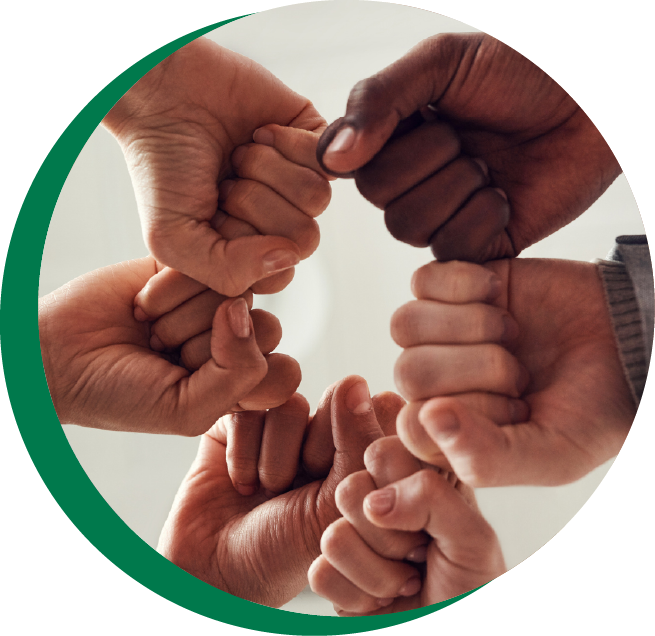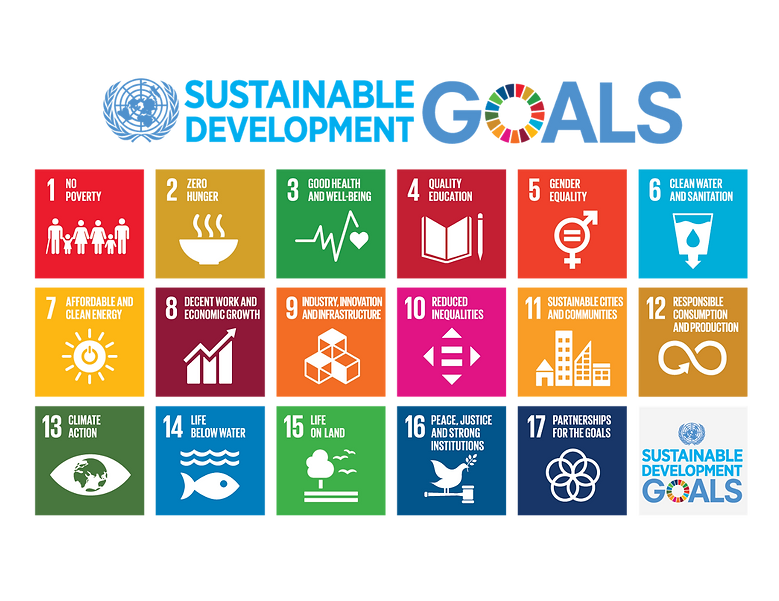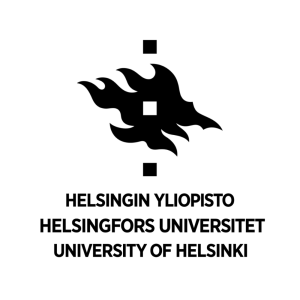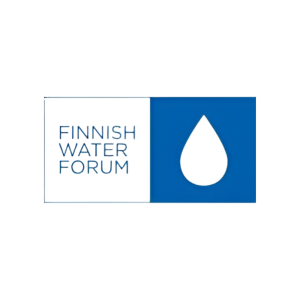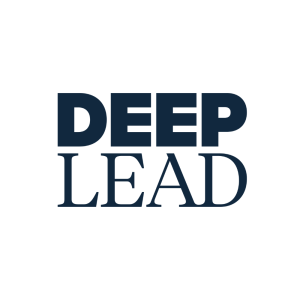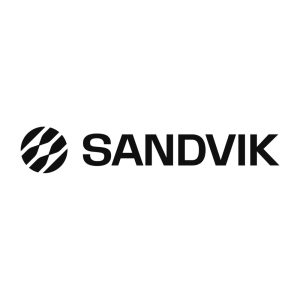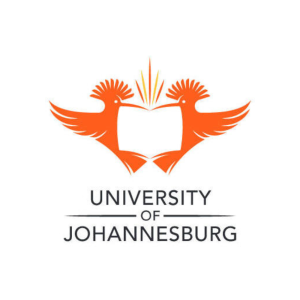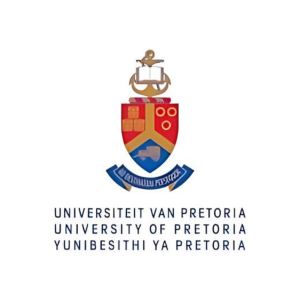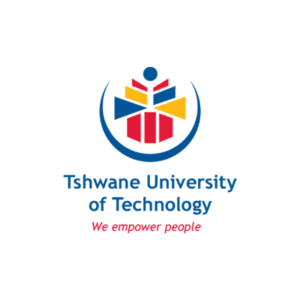16
September 2025
Future Africa Campus, University of Pretoria
DAIA Summit 2.0
Transformative Learning Ecosystems:
Lessons Learnt and Ways Forward
Powered by Business Finland and the University of Helsinki, DAIA is a collaborative initiative connecting African and Finnish industry experts and forerunners, innovators, educators and researchers to drive innovation in the digital era. Engage in discussions on the future of education, co-creation, and technological innovations shaping knowledge and skills development.



